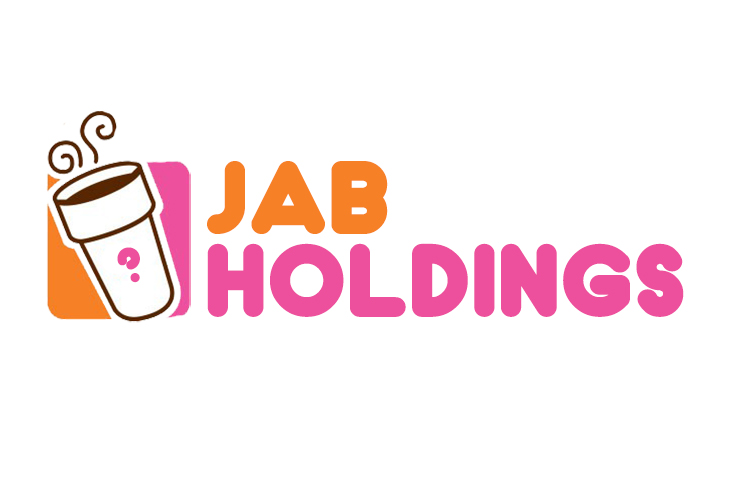Brazil, Guatemala or Kenya are the sorts of exotic locations that most people would associate with the cup of coffee that kickstarts their day.
不论是巴西、危地马拉还是肯尼亚,它们都是极具异域风情的地方,多少人都会将它们与开启新一天的一杯咖啡联系在一起。
But increasingly it is Luxembourg that is providing the coffee business with an industrial shot of caffeine.
但是卢森堡逐渐成为为咖啡业提供工业咖啡因的地方。
JAB Holding, a private-investment company based there, has rapidly become the world's second-largest coffee retailer and roaster.
JAB Holding是一家总部位于卢森堡的私有投资公司,该公司已经迅速成为了世界第二大咖啡零售商兼咖啡烘焙商。
On February 14th the firm, which looks after the fortune amassed in the chemicals industry by Germany's secretive Reimann family,
2月14日,这家照看由德国隐形莱曼家族在化工品行业累积的财富的公司
said it planned to list its coffee empire in a couple of years.
表示其计划在几年内让其咖啡帝国上市。
JAB has paid dearly to secure around 12% of the global retail market, second only to Nestlé, which accounts for a quarter of sales.
JAB以高价获得了约12%的全球零售市场,仅次于雀巢,后者占市场销售额的四分之一。
Italy's Lavazza, the third-biggest roaster, is tiny compared with the top two.
第三大咖啡烘焙商,意大利的LAVAZZA和前两者相比显得微不足道。
JAB has coughed up tens of billions of dollars since 2012 on acquisitions of retail brands such as Jacobs Douwe Egberts
自2012年以来,JAB已经掏出了数百亿美元用于收购多家零售品牌,如Jacobs Douwe Egberts

and coffee-shop chains including Peet's and, most recently, Britain's Pret a Manger, which it bought for 1.5bn pounds ($2bn) in May.
以及咖啡连锁店,包括Peet's以及最近收购的英国的Pret a Manger,五月JAB以15亿英镑(20亿美元)的价格收购后者。
The spending spree on coffee and other sectors could weigh on the group's balance-sheet.
咖啡和其他行业的消费热潮对该集团的资产负债表造成重压。
Both Moody's and Standard & Poor's, two credit-rating agencies, recently warned that JAB's appetite for deals might lead to a downgrade.
两大信用评估机构Moody's以及标准普尔近期警告称JAB对交易的欲望可能会导致降级。
Paying such frothy sums has also led JAB to stir up a "very traditional" supply chain, says Antti Belt of BCG, a consultancy.
支付如此大手笔的金额也让JAB挑起了一种“非常传统的”供应链,咨询公司BCG的安蒂·贝尔特说到。
Coffee companies, such as JAB, which process beans and then market
像JAB这样加工咖啡豆,然后进行宣传
and sell them either in a packet or a cup, already grab most of the profits of the business.
并以袋装或杯装形式出售的咖啡公司,已经占据了该行业大部分的利润。
They buy raw beans from traders, who earn tiny margins—generally 1-2%—for much of the work.
他们从贸易商那购买生咖啡豆,这些贸易商费了那么大的劲也仅赚得了微薄的利润(通常是1-2%)。
Roasters rely on traders' expertise to blend different beans to balance strength and body (often associated with Brazilian beans)
咖啡烘焙商依靠贸易商的专业技术将不同的咖啡豆相混合以平衡咖啡的浓度和触感(通常和巴西咖啡豆相关)
with flavour and acidity (from African or Central American ones).
以及其香味和酸度(来自非洲或中美洲的咖啡豆)。
译文由可可原创,仅供学习交流使用,未经许可请勿转载。













